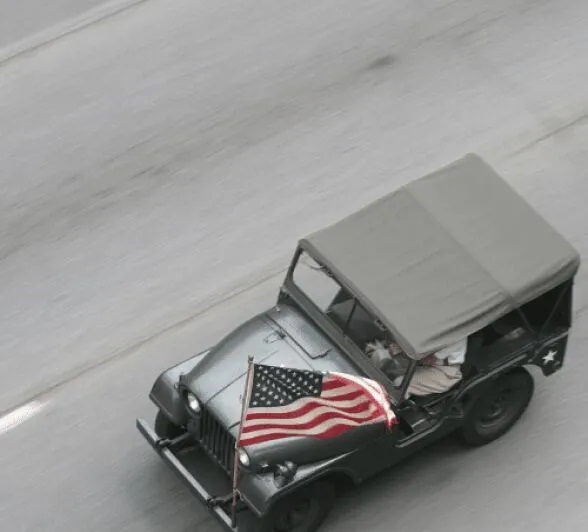UCMJ Article 91: Insubordinate Conduct Toward Warrant Officers, NCOs, And Petty Officers
The Uniform Code of Military Justice (UCMJ) is the foundation of discipline and legal order in the Armed Forces. Among its provisions, UCMJ Article 91 is one of the most critical for maintaining respect and authority within the chain of command. It specifically addresses insubordinate conduct toward warrant officers, noncommissioned officers (NCOs), and petty officers. Service members should fully understand this article, as violations can lead to severe consequences that affect both military careers and personal lives.
What is UCMJ Article 91?
UCMJ Article 91 prohibits disrespect, assault, or disobedience directed toward a warrant officer, NCO, or petty officer. The law ensures that authority figures within the military structure are respected and obeyed, thereby preserving discipline and operational effectiveness.
For a conviction under Article 91, the prosecution must prove that:
1. The accused knew the victim was a warrant officer, NCO, or petty officer.
2. The accused acted with intent or willful disobedience.
3. The conduct was prejudicial to good order and discipline.
This article applies not just during official duties but also in certain off-duty situations where disrespect undermines authority.
Types of Conduct Punishable Under UCMJ Article 91
Violations of may take several forms, including:

- Disrespectful Language or Gestures: Using abusive or contemptuous words toward a superior.
- Disobedience of Orders: Refusing to follow lawful orders given by a warrant officer, NCO, or petty officer.
- Assault: Physically attacking or attempting to harm a superior.
- Threats or Hostile Acts: Any action that undermines authority, whether verbal or physical.
The scope of Article 91 highlights the military’s emphasis on strict discipline, as even minor acts of disrespect can escalate into serious charges.
Why UCMJ Article 91 Matters
The military operates on a strict chain of command. Disrespect or defiance against NCOs and petty officers undermines the authority necessary to lead effectively. Without this structure, discipline, morale, and mission success would be at risk.
By criminalizing insubordinate conduct, UCMJ Article 91 ensures that authority is respected at all levels, not only protecting leaders but also reinforcing the integrity of military operations.
Consequences of Violating UCMJ Article 91
Punishments under UCMJ Article 91 can be severe, depending on the nature of the offense. Possible consequences include:
- Court-Martial: A formal trial that may result in a criminal record.
- Confinement: Jail time for serious offenses, especially assault.
- Reduction in Rank: A convicted service member may be demoted, impacting pay and career progression.
- Dishonorable or Bad-Conduct Discharge: Removal from service, which carries lifelong consequences for employment and veterans’ benefits.
- Forfeiture of Pay and Allowances: Financial penalties often accompany Article 91 violations.
These punishments highlight the seriousness of insubordination in the military system.
Defenses Against UCMJ Article 91
While charges under UCMJ Article 91 are serious, there are possible defenses, such as:
- Lack of Knowledge: If the accused did not know the individual was a warrant officer, NCO, or petty officer.
- Unlawful Order: Service members are not required to obey illegal orders; refusing them does not violate Article 91.
- False Allegations: Misunderstandings or fabricated claims may lead to wrongful charges.
- Insufficient Evidence: The prosecution must prove the case beyond a reasonable doubt.
Because every case is unique, consulting a military defense attorney is essential when facing such allegations.
Final Thoughts
UCMJ Article 91 plays a vital role in upholding the chain of command, discipline, and respect within the military. Violations can lead to serious consequences, from rank reduction to dishonorable discharge. However, with the right defense, service members can protect their rights and careers when facing accusations.